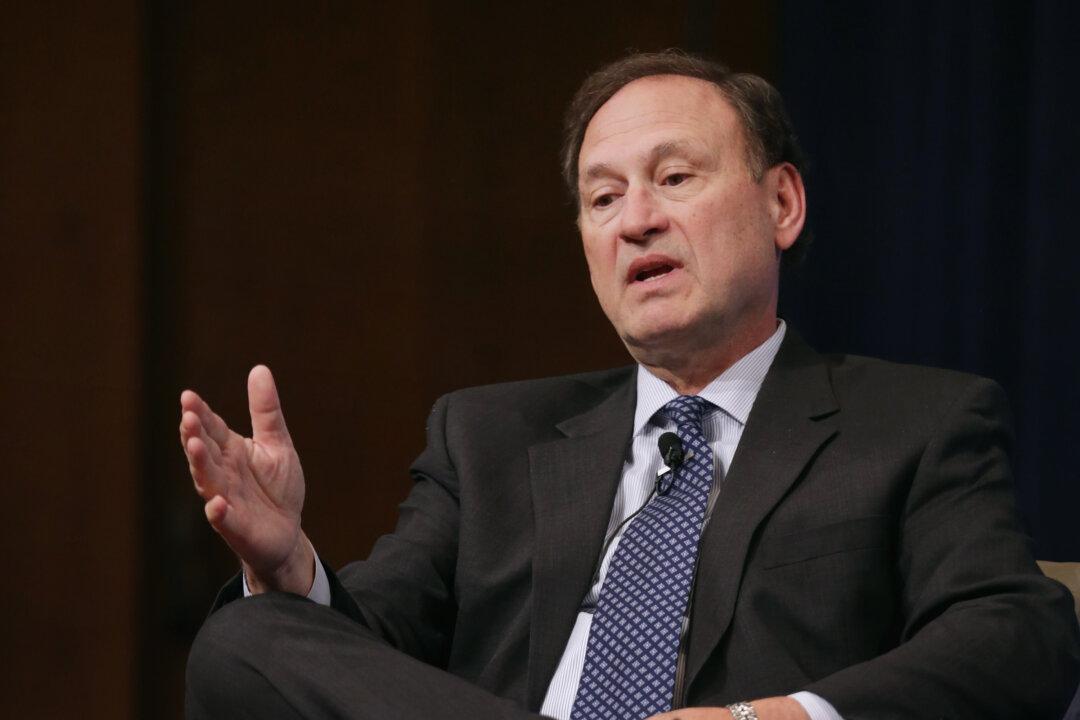Pennsylvania officials on Tuesday filed a brief in a GOP appeal to the U.S. Supreme Court that contests the state’s election results.
Lawyers for Democratic Gov. Tom Wolf’s administration said Rep. Mike Kelly (R-Pa.), Republican candidate Sean Parnell, and other Republicans are attempting to “undertake one of the most dramatic, disruptive invocations of judicial power in the history of the Republic.”





